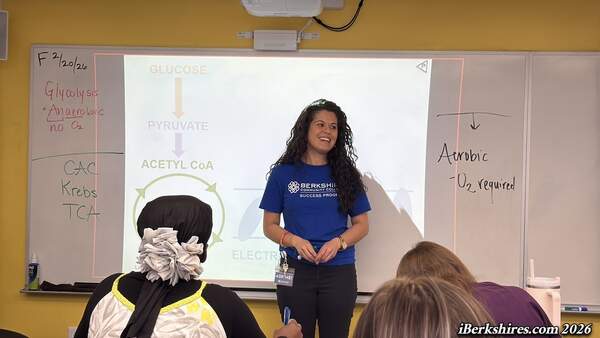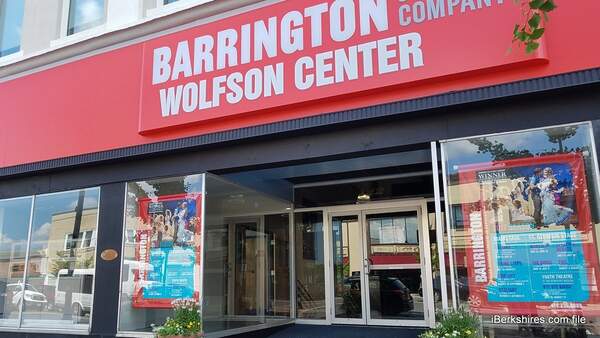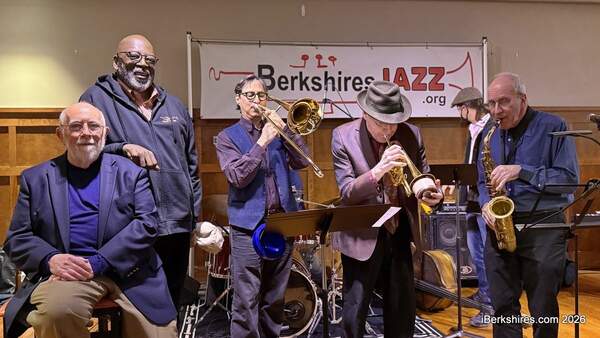PITTSFIELD, Mass. — 2nd Street seeks submissions for Using Our Outside Voices, a literary project created in partnership with Berkshire Community College (BCC) that is designed to promote creativity, acceptance and inclusion for presently or formerly incarcerated men and women in Berkshire County. The deadline for submissions is June 15, 2024.
Authors whose work is selected will receive a cash award of $200, and winning submissions will be published in a journal. The initial run of 400 printed copies of the free journal will be distributed locally, and digital copies will be available online. In addition, public readings will be held at various venues in the Berkshires.
Any presently or formerly incarcerated resident of Berkshire County is invited to submit original poetry, short fiction, personal essays or other literary works. Those who need editorial help can bring their work to 2nd Street, located at 264 Second Street, Pittsfield.
For more details on how to submit a literary work, visit www.2nd-street.org and click Special Projects, or call (413) 443-7220, ext. 1275.
Financial and in-kind support of Using Our Outside Voices is provided by Berkshire Taconic Community Foundation’s Arts Build Community initiative with funding from the Barr Foundation; by Berkshire United Way; by Berkshire Community College; and by Pittsfield Cultural Council, a local agency supported by Mass Cultural Council.
| If you would like to contribute information on this article, contact us at info@iberkshires.com. |















